Top 10 Most Famous Chemists Of All Time
 Top 10 Most Famous Mathmaticians Of All Time Top 10 Most Famous Mathmaticians Of All Time Many of mathmeticians in the list of Top 10 Most Famous Mathmeticians Of All Time have been heard a lot when you were at school ... |
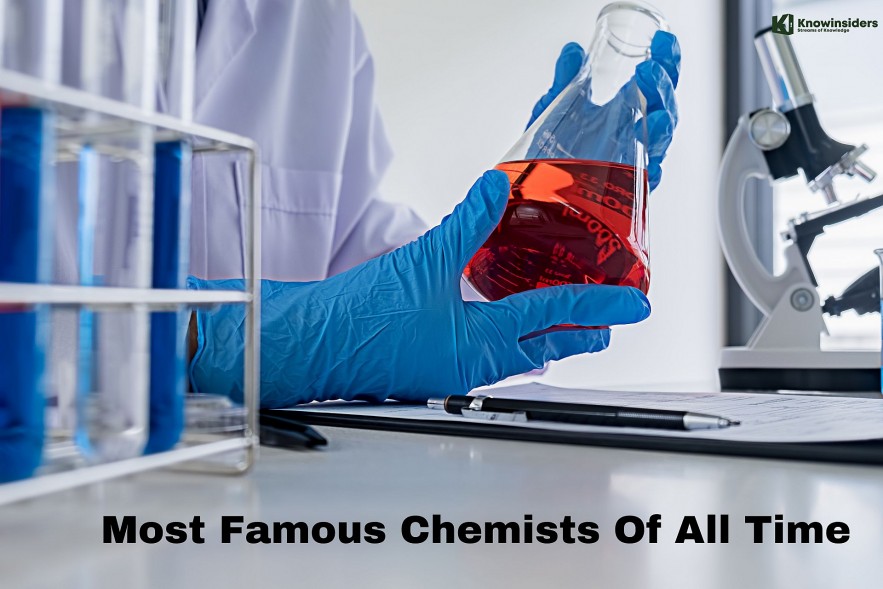 |
| Top 10 Most Famous Chemists Of All Time. Photo KnowInsiders |
Over the past 2,000 years, we have made major strives in science. We no longer think everything was made of water or fire or human body was made from four elements. Chemistry has made important contributions to human life progress. Chemistry has made revolutions in our life. All of those achievements were made thanks to chemists.
Top 10 Most Famous Chemists Of All Time
1. Marie Curie (1867-1934)
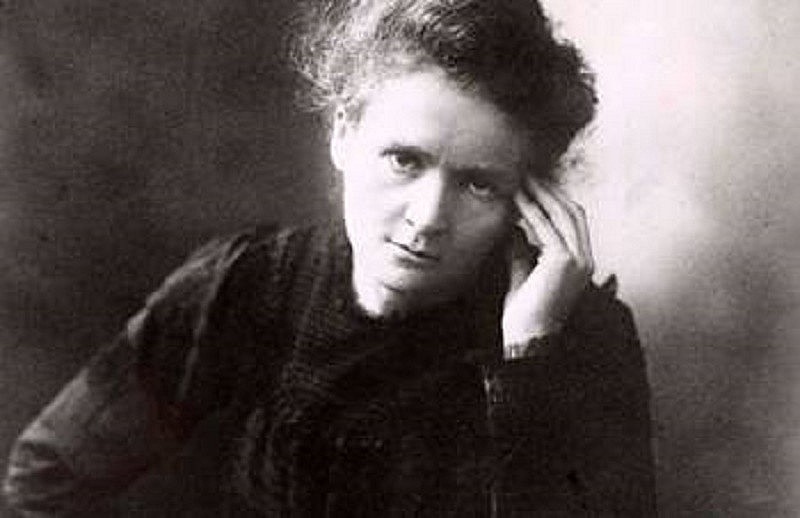 |
| Marie Curie |
Marie Curie is a Polish chemist and physicist. She was a pioneer in the study of radioactivity and was the first person to receive two Nobel Prizes in both chemistry and physics. Along with Henri Becquerel and her husband, Pierre Curie, she was awarded the Nobel Prize in Physics in 1903.
| Do you know…? She was the only person to receive the Nobel Prize in Chemistry in 1911 for her discovery of two chemical elements, radium and polonium. She was the first woman to win a Nobel Prize, and she is the only woman to have won in two different fields. |
How was her invention applied?During World War I, Marie Curie, with the help of her daughter Irène, devoted herself to the development of the use of X-rays. One of Marie Curie's outstanding achievements was understanding the need to accumulate high-intensity radioactive sources. A few months after this discovery, Marie Curie died of radiation-induced aplastic anemia. Applications of two chemical elements radium and polonium in real life: → Create a heat source to keep warm or generate heat. → Raw materials for making batteries for electronic devices, → Nuclear power production. |
2. Louis Pasteur (1822 - 1895)
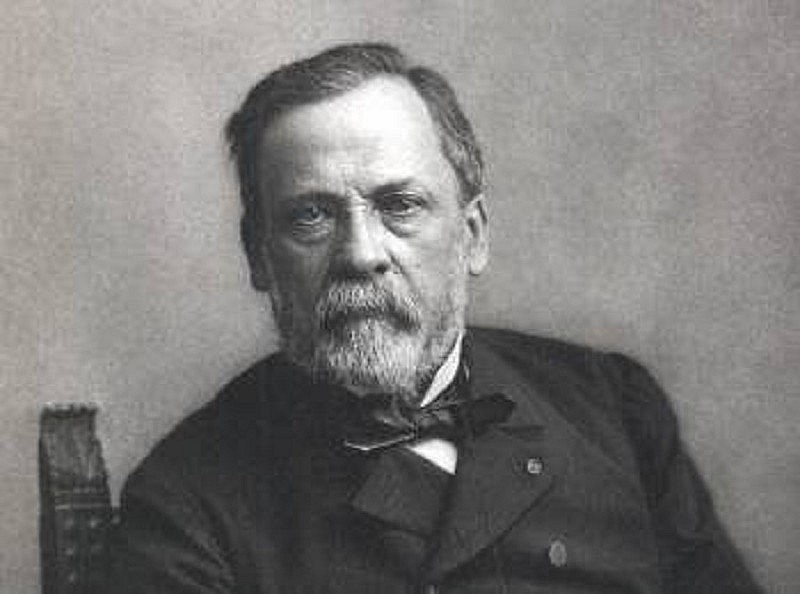 |
| Louis Pasteur |
Louis Pasteur was a French chemist and microbiologist who made important contributions to medicine and chemistry. He was the first to invent vaccines against rabies and anthrax that helped reduce the mortality rate for many people.
Louis Pasteur is famous for his discoveries on the principles of vaccination, microbial fermentation and pasteurization. His name is given to a string of institutes in countless languages. He studied the bacteriology of the French economy and cuisine, and wine, and was awarded a medal by Emperor Napoleon III for his efforts.
READ MORE: Top 10 Weirdest and Craziest Inventions of All Time
What is his biggest invention?The work on souring milk and preserving milk by heating, laid the foundation for the science of bacteriology. Provide practical demonstrations of germ theory Discover the effectiveness of attenuated vaccines in building resistance to infectious diseases |
3. John Dalton (1766 - 1844)
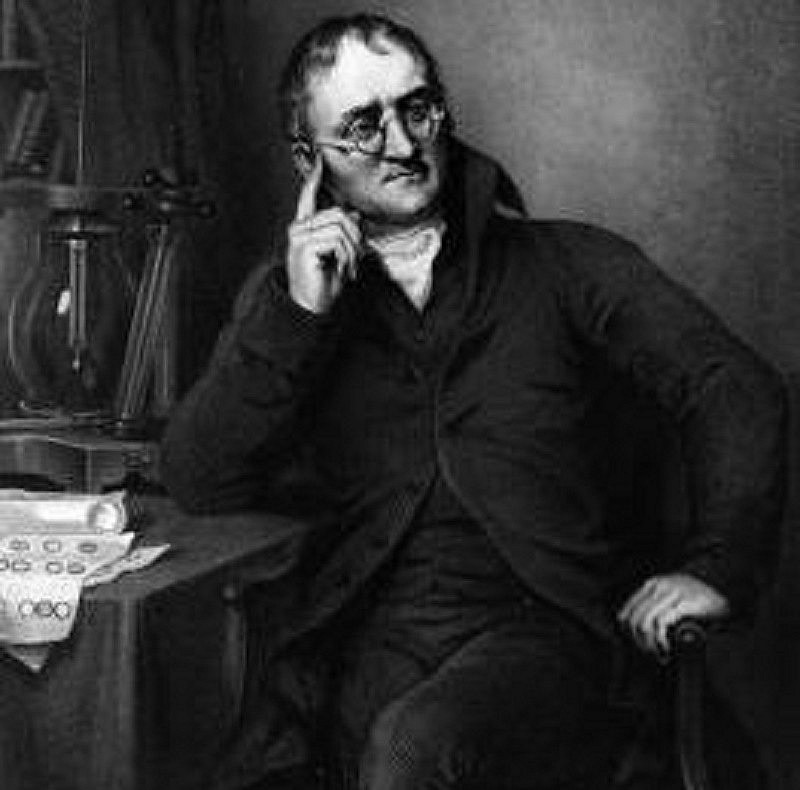 |
| John Dalton |
John Dalton was an English meteorologist, chemist, and physicist who became famous for his contributions to atomic theory and the study of color blindness. Dalton gained practical knowledge in the construction and use of meteorological instruments and instruction in daily weather recording from amateur meteorologists in the Lake District. Dalton remained interested in meteorological measurements for the rest of his life.
In 1808, John Dalton proposed the atomic theory to explain the law of conservation of mass and the law of the proportions of substances in chemical reactions. By far Dalton's most influential work in the field of chemistry was the atomic theory.
READ MORE: Top 11 Great Inventions That Changed The World
All of his theories are based on the following five hypotheses:→ The first hypothesis states that all matter is made up of atoms. → The second hypothesis is that atoms of the same element will have the same structure and properties. → The third hypothesis is that atoms cannot be divided, created or destroyed. → The fourth hypothesis is that atoms of different elements combine to form compounds. → The fifth hypothesis is that in chemical reactions atoms can combine, split, or rearrange. The application of Dalton's Theory not only explains the above laws, but also forms the basis for building other theories about the atom later. He died of a stroke and was celebrated by his fellow townspeople as the equivalent of a state funeral. |
4. Mario Molina ( 1943 - 2020)
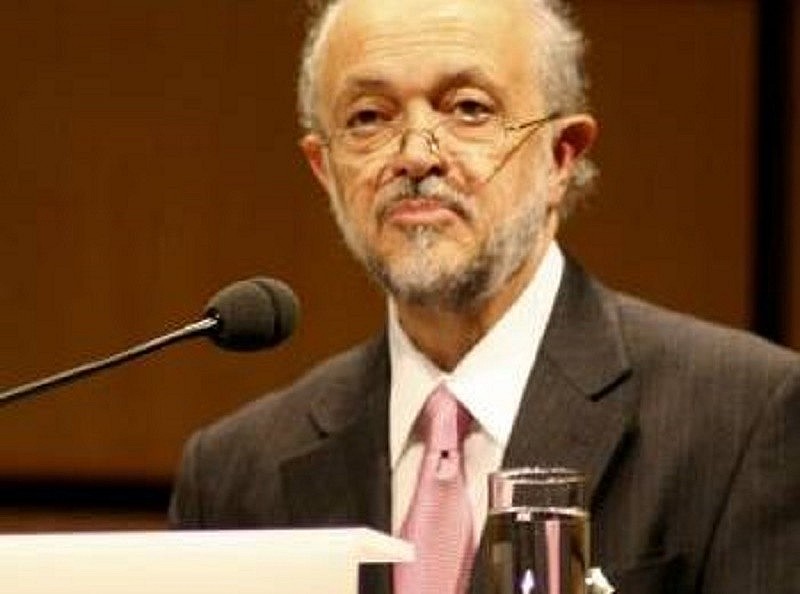 |
| Mario Molina |
Mario Molina is a Mexican-American chemist who received the Nobel Prize in Chemistry in 1995 as one of three people who studied the formation and decomposition of the ozone layer. Mario Molina was the first to realize that chlorofluorocarbons (CFCs) could destroy ozone. In 1974, he and Rowland identified CFCs capable of destroying the ozone layer. CFCs are used as refrigerants, aerosols, and plastic foamers. This is an important basis so that today's refrigerators do not use this refrigerant.
5. Michael Faraday (1791 - 1867)
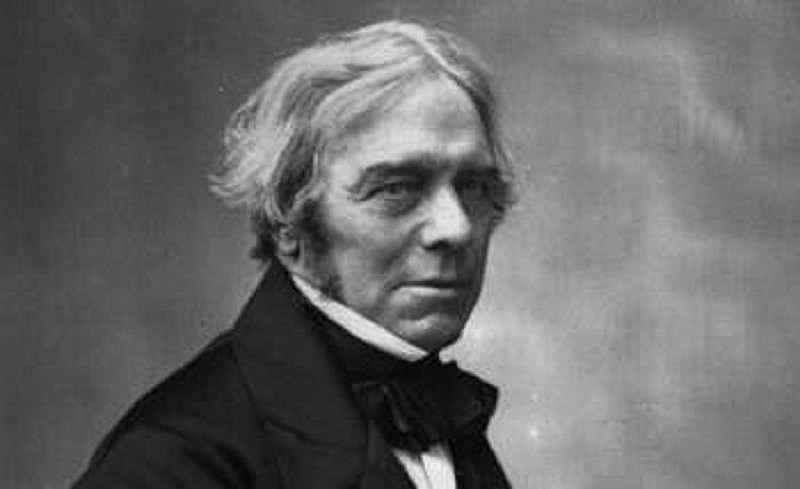 |
| Michael Faraday |
Michael Faraday is an English chemist and physicist who has made contributions in the fields of Electromagnetism and Electrochemistry. Faraday became one of the greatest scientists of the 19th century, starting his career as a chemist. He wrote a manual on practical chemistry that showed his mastery of the technical aspects of his art, discovered several new organic compounds, among them benzene, and was the first person to liquefy a "permanent" gas (i.e. a substance that is said to be incapable of liquefaction).
Michael Faraday's major contributions were in the field of electricity and magnetism. He was the first to generate electric currents from the magnetic field, invented the first electric motor and dynamo, demonstrated the relationship between electricity and chemical bonding, discovered the effect of magnetism on light, detect and name magnetism, the special behavior of certain substances in strong magnetic fields
6. Alfred Nobel (1833 - 1896)
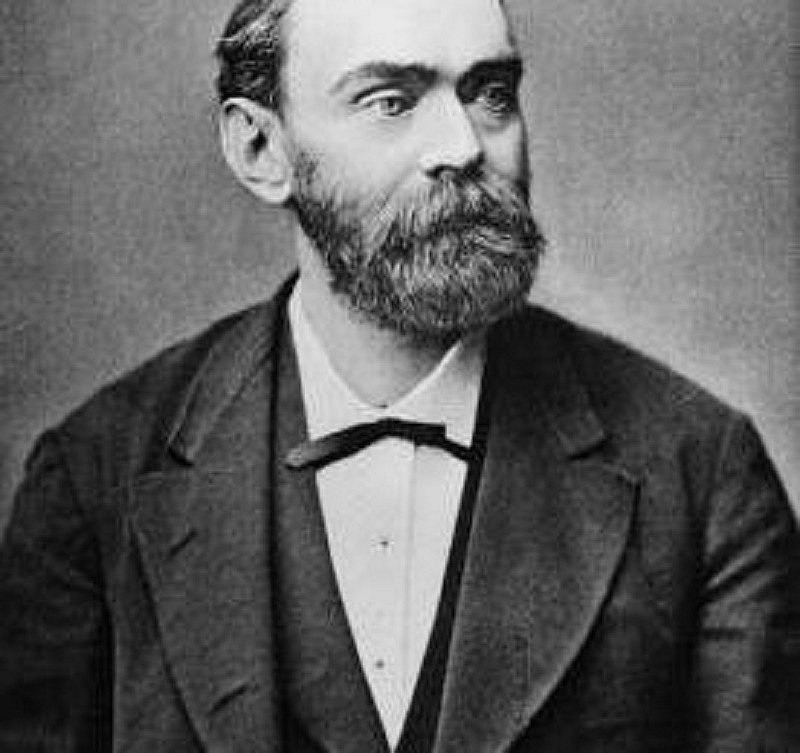 |
| Alfred Nobel |
Alfred Nobel was born in Stockholm, Sweden. He is a Swedish chemist, industrialist, inventor of dynamite and a millionaire.
He is the founder of the prestigious Nobel Prize for outstanding contributions of scientists around the world. Nobel was fluent in several languages, writing poetry and plays. Nobel was also very interested in issues related to society and peace, and had views that were considered radical in his day.
In 1863, Alfred Nobel invented a practical explosive device consisting of a wooden plug inserted into a larger quantity of nitroglycerin held in a metal box; the plug's explosion of small charged black powder particles serves to detonate a much stronger charge of liquid nitroglycerin. This detonator marked the beginning of Nobel's reputation as an inventor as well as as a maker of explosives. In 1865, Nobel invented an improved fuse known as the detonator cap; it consists of a small metal cap containing an electrically charged mercury fulminate which can be detonated by shock or moderate heat. The invention of the explosive caps opened the way for the modern use of high explosives.
Nobel's second important invention was dynamite in 1867. Nobel named the new product dynamite (from the Greek word for "power") and patented it in England (1867) and the United States. Ky (1868). Dynamite built Nobel's reputation around the world and was quickly put to use in tunnels, canal cutting, railway and road construction. In 1875 he invented a more powerful form of dynamite, explosive gelatin, which he patented the following year. Besides explosives, Nobel also made many other inventions, such as rayon and leather.
7. Rosalind Franklin (1920 - 1958)
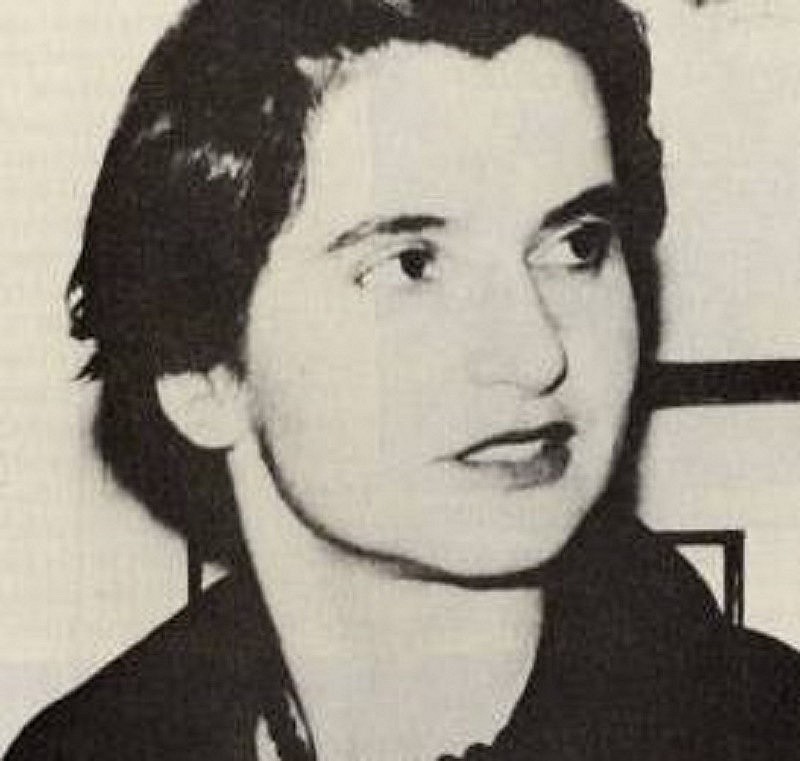 |
| Rosalind Franklin |
Rosalind Franklin was an English-Jewish chemist and biophysicist, best known for her contributions to the discovery of the molecular structure of deoxyribonucleic acid (DNA), a component of chromosomes used to code genetic information. Franklin also contributed new insights into the structure of viruses, helping to lay the groundwork for the field of structural virology. From 1947 to 1950, she worked with Jacques Mesring at the State Chemical Laboratory in Paris, researching X-ray diffraction technology. That work led to her research on structural changes. caused by the formation of graphite in heated carbons - work that has proven valuable to the coking industry.
8. Antoine Lavoisier (1743 - 1794)
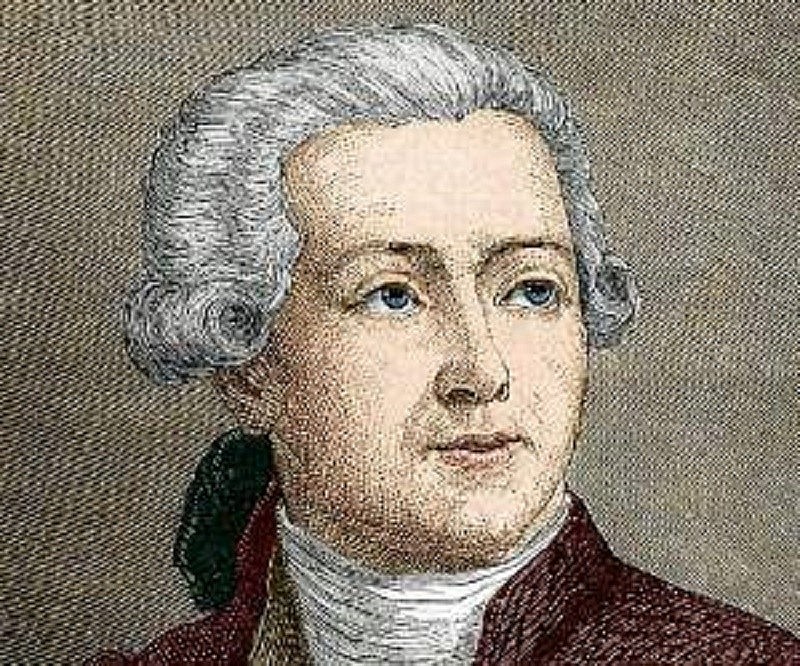 |
| Antoine Lavoisier |
Antoine Lavoisier was a famous French chemist and leading figure in the 18th century chemical revolution who developed an experimentally based theory of the chemical reaction of oxygen and co-authored the system. modern system for naming chemicals. He made extremely important contributions in the field of chemistry such as finding out the law of conservation of mass, in 1777, proposing the theory of the oxidation of substances. With those contributions, he is known as the father of modern chemistry.
9. Ahmed Zewail (1946 – 2016)
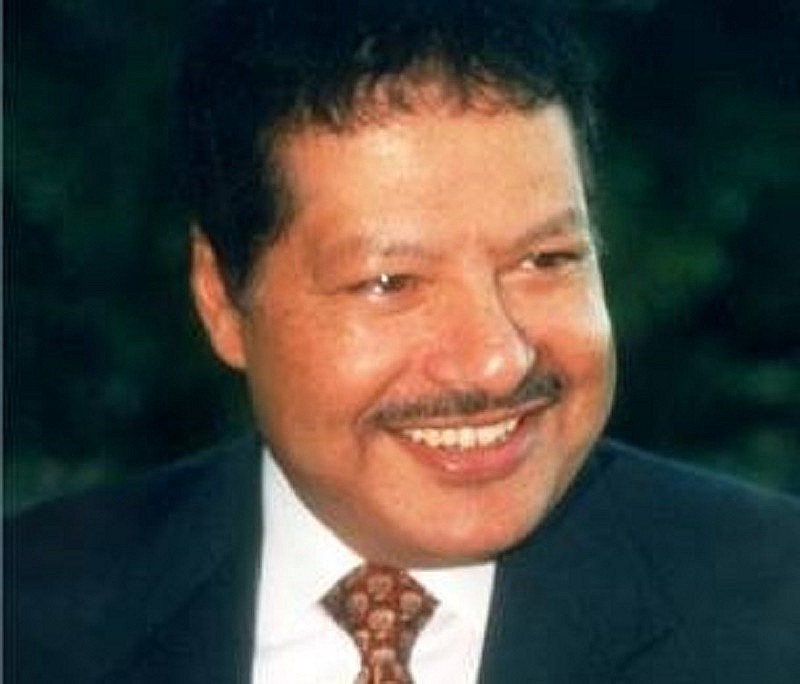 |
| Ahmed Zewail |
Ahmed Zewail is an Egyptian-American chemist. In 1999, he won the Nobel Prize in Chemistry for being a pioneer in the investigation and study of basic chemical reactions, using extremely short lasers on the time scale. time in which the reactions take place. He carried out his graduate work on new spectroscopy, including optically detected magnetic resonance, with Robin Hochstrasser at the University of Pennsylvania in Philadelphia. His postdoctoral work is on coherence in multidimensional systems and energy transfer in solids, with Charles B. Harris at the University of California, Berkeley.
10. Dmitri Mendeleev (1834-1907)
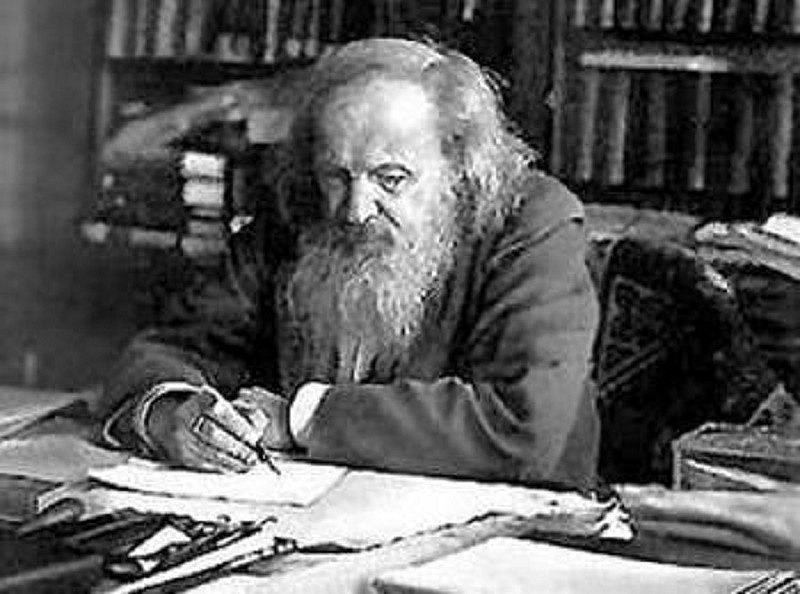 |
| Dmitri Mendeleev |
Dmitri Mendeleev is a Russian chemist and inventor. He made a major turning point in the history of chemical research when he created the periodic table of chemical elements, thereby predicting the properties of unknown elements. detected. Funded by a government scholarship, he studied abroad for two years at the University of Heidelberg. Instead of working closely with prominent university chemists, including Robert Bunsen, Emil Erlenmeyer and August Kekulé, he set up a laboratory in his own apartment.
He also discovered the critical boiling point. Mendeleev found that, when all the chemical elements were arranged in order of increasing atomic mass, the resulting table displayed the periodicity or periodicity of the properties in the element groups.
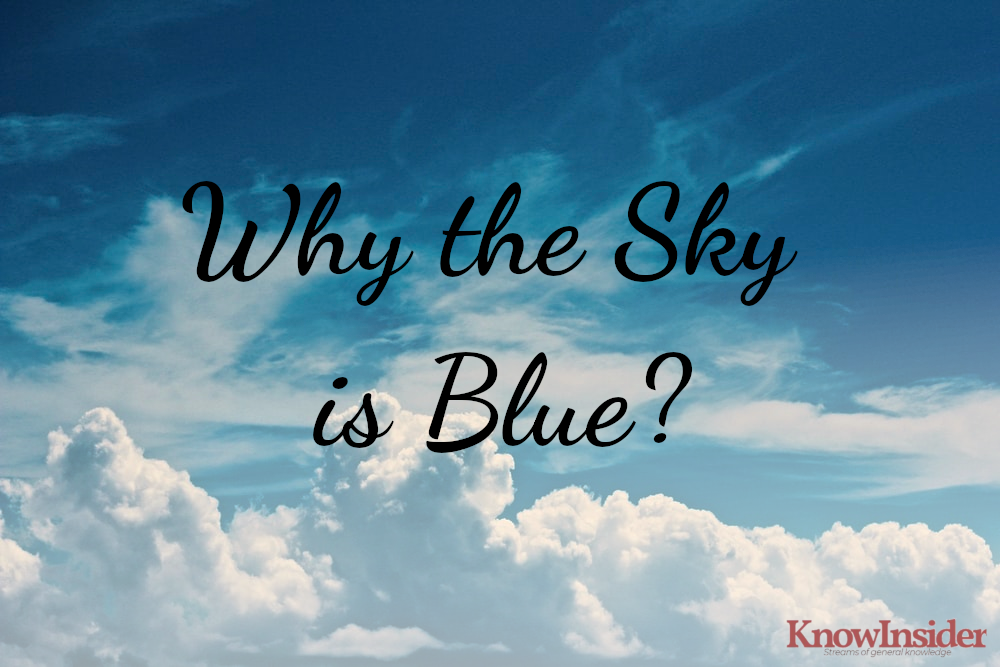 Why the Sky is Blue - Scientific & Ancient Explaination Why the Sky is Blue - Scientific & Ancient Explaination One of the first questions a child often asks is "why is the sky blue?" Yet despite how popular this question is, there are many ... |
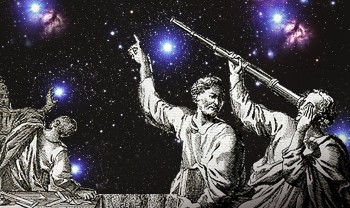 Why is Astrology Still Popular Even Though It's Not A Science? Why is Astrology Still Popular Even Though It's Not A Science? Both astrology and astronomy both look to the sky to make predictions. They may sound similar at first, but there are important differences between them. |
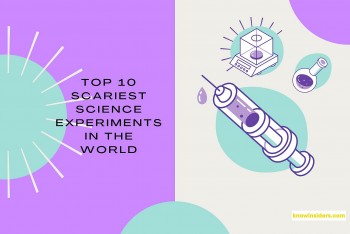 Top 10 Scariest Science Experiments In The World History Top 10 Scariest Science Experiments In The World History Two-head dog, letting insects grow in human brain, weighing human soul: All sound crazy but they were real experiments conducted by scientists. |
























